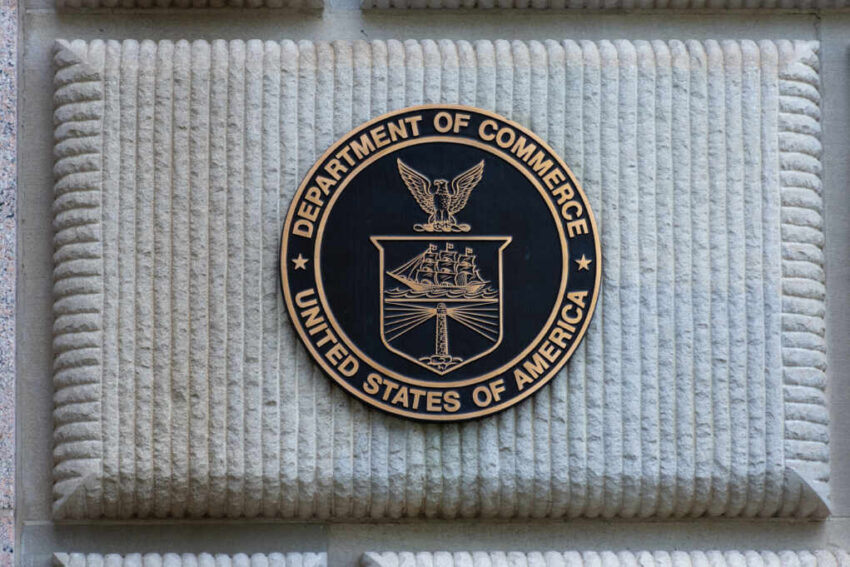The Trump administration has secretly embedded location trackers in AI chip shipments to China, escalating surveillance tactics while raising legal concerns and exposing weaknesses in U.S. export controls.
At a Glance
- Federal agencies embed covert trackers in AI chip shipments to China
- Chinese firms like DeepSeek build competitive AI with older chips
- Black markets in China undermine U.S. export control efforts
- Legal experts warn trackers may violate Fourth Amendment protections
- Aggressive policies risk weakening U.S. tech leadership
Surveillance in the Supply Chain
Federal agencies, including the Commerce Department’s Bureau of Industry and Security, Homeland Security Investigations, and the FBI, have reportedly collaborated on embedding location tracking devices into select AI chip shipments headed toward China. The covert effort targets high-performance hardware from major U.S. manufacturers such as Nvidia, AMD, Dell, and Super Micro.
Watch now: Trump’s Secret Chip Tracking Plan · YouTube
Analysts describe the measure as a rare escalation in export enforcement tactics, reflecting growing frustration with persistent black-market flows into China. While manufacturers deny involvement or prior knowledge, experts note the unusual step highlights how traditional export controls have struggled to stem semiconductor diversion.
China’s Workarounds
Despite years of sanctions, China continues making gains in artificial intelligence using both legal and illicit channels. In January 2025, Chinese firm DeepSeek released an advanced AI system trained on older-generation chips, demonstrating that hardware restrictions have not halted innovation.
Persistent underground supply chains also ensure that restricted semiconductors remain accessible in Chinese markets. According to U.S. government assessments, while restrictions have slowed the pace of Chinese semiconductor development, they have not stopped competitive AI systems from emerging domestically. This raises doubts about the long-term strategic effectiveness of Washington’s export policies.
Constitutional and Commercial Risks
Legal scholars warn the secret tracking program could collide with constitutional protections. John Villasenor of the Brookings Institution has argued that embedding tracking devices in private shipments without judicial oversight risks violating the Fourth Amendment. The covert nature of the program also creates uncertainty for U.S. companies, which must balance compliance obligations with protecting commercial interests.
Beyond legality, aggressive enforcement could carry unintended consequences. Analysts at the Roosevelt Institute caution that tightening restrictions may accelerate China’s push toward full chip independence, a development that could ultimately weaken U.S. global leadership in AI technology. The possibility of undermining American competitiveness has become a growing concern among industry observers.
Policy Effectiveness Under Fire
Congress has sought to codify aspects of covert monitoring through proposals like Senator Tom Cotton’s Chip Security Act, which calls for mandatory geotracking on sensitive hardware exports. Yet the persistence of illicit markets, alongside China’s demonstrated ability to innovate around restrictions, calls into question whether surveillance-heavy enforcement can deliver its intended outcomes.
Recent expert reports on U.S. chip policy stress that while export controls can delay Chinese advances, they cannot eliminate them entirely. Instead, the escalating reliance on covert monitoring may be interpreted as an admission that existing strategies have failed to achieve their objectives. As China pushes forward in AI development with less advanced chips, some analysts see the surveillance program as more symbolic than strategic—a form of security theater that risks alienating allies and eroding U.S. technological influence.
Sources
Click this link for the original source of this article.
Author: Editor
This content is courtesy of, and owned and copyrighted by, https://thecongressionalinsider.com and its author. This content is made available by use of the public RSS feed offered by the host site and is used for educational purposes only. If you are the author or represent the host site and would like this content removed now and in the future, please contact USSANews.com using the email address in the Contact page found in the website menu.








